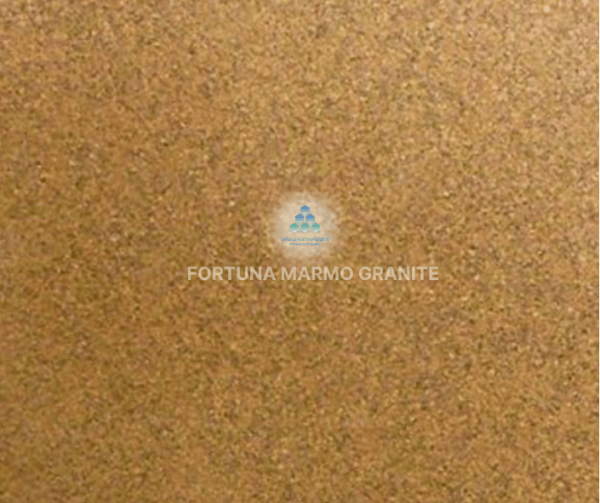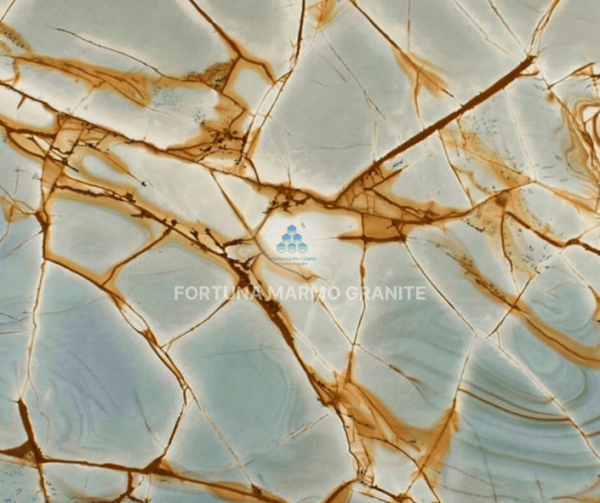Natural vs. Artificial Stone: Finding the Perfect Fit for Your Space
Natural vs Artificial Stone When designing or renovating a home, choosing the right materials is a crucial step that defines the aesthetics, functionality, and longevity of your space. Among the materials often debated are natural and artificial stones. Both have unique advantages and considerations, making the decision between them a matter of personal preference, budget, and project requirements. This blog delves into the features, benefits, and differences of natural and artificial stones to help you determine the best fit for your space.


Understanding Natural Stone
Natural stones, such as granite, marble, limestone, slate, and travertine, are quarried from the earth and shaped into slabs for various applications. These stones are celebrated for their unmatched beauty, durability, and unique patterns formed by nature over millions of years.
Advantages of Natural Stone
- Aesthetic Appeal Natural stones have a timeless and luxurious appeal. Each slab is unique, showcasing veining, color variations, and textures that are impossible to replicate, making your space stand out.
- Durability Natural stone is known for its strength and resilience. Granite, for instance, is highly resistant to scratches and heat, making it ideal for kitchens and other high-traffic areas.
- Eco-Friendly As a naturally occurring material, natural stone has a smaller carbon footprint compared to synthetic alternatives. Choosing locally sourced stone can further reduce its environmental impact.
- Versatility Natural stone works well in a variety of settings, from countertops and flooring to wall cladding and outdoor applications. Its adaptability complements both traditional and modern designs.
- Longevity When properly maintained, natural stone can last for decades, making it a long-term investment for your home.
Considerations for Natural Stone
- Cost: Natural stone is often more expensive due to quarrying, transportation, and processing costs.
- Maintenance: Materials like marble and limestone are porous and require regular sealing to prevent staining and moisture absorption.
- Weight: The heavy nature of natural stone may require reinforced structures for installation.
Understanding Artificial Stone
Artificial stones, such as quartz, porcelain, and solid surface materials, are engineered using natural minerals combined with resins or polymers. They are designed to mimic the look of natural stone while offering enhanced functionality.
Advantages of Artificial Stone
- Consistency Unlike natural stone, artificial stone provides uniformity in patterns and colors, making it a suitable choice for homeowners who prefer a cohesive look.
- Low Maintenance Engineered stones like quartz are non-porous, making them resistant to stains, bacteria, and moisture without the need for sealing. Cleaning is simple and hassle-free.
- Cost-Effective Artificial stone is often more affordable than natural stone, especially for large projects requiring extensive material coverage.
- Durability Quartz is exceptionally durable, resisting scratches, chips, and heat. This makes it an excellent choice for busy households and commercial spaces.
- Design Variety Artificial stone comes in a wide range of colors, finishes, and patterns, including those that replicate the appearance of natural materials like marble or granite.
Considerations for Artificial Stone
- Appearance: While artificial stones are designed to mimic natural materials, they may lack the depth and character of real stone.
- Heat Sensitivity: Some artificial stones, particularly quartz, can discolor or crack under high heat.
- Longevity: Though durable, artificial stones may not age as gracefully as natural ones, potentially showing wear and tear over time.
Comparing Natural and Artificial Stones
Aesthetics
- Natural Stone: Offers unparalleled beauty with unique patterns and textures, giving your space a bespoke appearance.
- Artificial Stone: Provides a uniform and predictable look, ideal for achieving a clean and modern aesthetic.
Durability
- Natural Stone: Highly durable, though softer stones like marble are prone to scratches and etching.
- Artificial Stone: Scratch-resistant and highly durable, though extreme heat can cause damage.
Maintenance
- Natural Stone: Requires regular sealing and specific cleaning products to maintain its appearance.
- Artificial Stone: Virtually maintenance-free, with easy cleaning and no sealing required.
Cost
- Natural Stone: Generally more expensive, but the investment pays off with its lasting value and aesthetic appeal.
- Artificial Stone: More budget-friendly, with a lower upfront cost for most projects.
Environmental Impact
- Natural Stone: Eco-friendly when sourced responsibly, as it doesn't rely on synthetic materials or significant chemical processing.
- Artificial Stone: Involves manufacturing processes that may contribute to environmental impact, though some brands use recycled materials to reduce their footprint.
Choosing the Right Stone for Your Space
Kitchen Countertops
- Natural Stone: Granite and marble are popular choices for their durability and aesthetic appeal. Granite resists heat and scratches, while marble offers elegance with a softer surface.
- Artificial Stone: Quartz is ideal for kitchens, offering a non-porous surface that resists stains and bacteria.
Bathroom Vanity Tops
- Natural Stone: Marble and travertine create a spa-like ambiance with their luxurious look and feel.
- Artificial Stone: Quartz and solid surfaces are practical options, offering durability and resistance to moisture.
Flooring
- Natural Stone: Slate and limestone provide durability and a natural look, ideal for high-traffic areas.
- Artificial Stone: Porcelain tiles replicate the appearance of natural stone while being lighter and easier to install.
Outdoor Spaces
- Natural Stone: Granite and sandstone withstand weather conditions and add a natural charm to patios and outdoor kitchens.
- Artificial Stone: Concrete-based engineered stones are durable and available in various styles to suit outdoor aesthetics.
Making the Decision
The choice between natural and artificial stone depends on your priorities, budget, and the specific needs of your space. If you value unique beauty and timeless appeal, natural stone is the way to go. However, if you prefer practicality, low maintenance, and affordability, artificial stone may be the better choice. On the other hand, artificial stone, like quartz or engineered stone, offers several advantages, particularly for homeowners seeking practicality and low maintenance. Artificial stone surfaces are engineered to be non-porous, making them resistant to stains, moisture, and bacteria. This is especially beneficial in kitchens and bathrooms where cleanliness is a priority. In addition to being easy to clean, artificial stones typically require no sealing, saving both time and money on maintenance.

